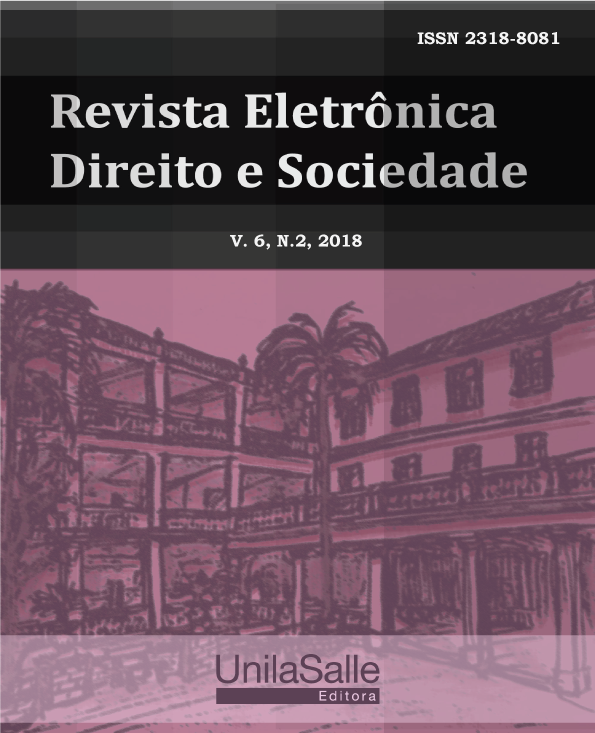The qualified performance of the consumer protection associations as an expression of a deliberative democracy: mapping of the judicial and extrajudicial performance in the scope of the state of Pará
DOI:
https://doi.org/10.18316/redes.v6i2.3568Keywords:
Consumer Law, Consumer Protection Association, Judicial and out-of-court Performance, Consumerist Collective Protection, State of Pará.Abstract
This article, through field research and national and foreign bibliographic studies, proposes to analyze the Representative Associations of consumer defense as a channel for the participation of civil society in the direct defense of their rights, which has advanced mechanisms of judicial and extrajudicial defense, able to protect the rights of the consumer class as a category. From a vision of solidarity and under the bias of a deliberative democracy, the civil society assumes a greater role in the scope of the National Policy of Consumer Relations, starting to act in a plural and collective way with a view to improving the prevention and repression of consumer conflicts. Furthermore, in order to understand the degree of civic involvement in civil society in Pará, it’s intended to present a regional panorama of the activities of civil associations in the collective defense of consumers in the State of Pará.
Downloads
Published
Issue
Section
License
Authors who submit their manuscripts for publication in the “REDES” Magazine agree to the following terms:
The authors claim to be aware that they retain copyright by giving “REDES” the right to publish.
The authors declare to be aware that the work submitted will be licensed under the Creative Commons Non-Commercial Attribution License which allows article sharing with acknowledgment of authorship and publication in this journal.
The authors declare to be aware that by virtue of the articles published in this journal have free public access.
The authors declare, under the penalty of the law, that the text is unpublished and original and that they are aware that plagiarism has been identified, plagiarized authors will be informed - willingly, to take legal action in the civil and criminal sphere - and, plagiarists will have their access to the magazine blocked.
The authors state that - in case of co-authoring - all contributed significantly to the research.
Authors are obliged to provide retractions and (or) corrections of errors in case of detection.
The authors are obliged not to publish the text submitted to “REDES” in another electronic journal (or not).
The Electronic Journal Law and Society - REDES - is licensed under a Creative Commons License. Attribution-NonCommercial 4.0 International.Based on work available at "http://revistas.unilasalle.edu.br/index.php/redes/about/submissions#copyrightNotice".
Permissions in addition to those granted under this license may be available at http://creativecommons.org/.

